Well-functioning health systems rely on a primary health care (PHC) approach that delivers services to prevent, diagnose and manage illnesses and infections. Most patient interactions occur at primary care level, where an estimated 80–90% of antibiotics are prescribed. Therefore, primary care practitioners have a vital role in ensuring appropriate prescription and use of antibiotics. Care taken in this regard reduces overuse and inappropriate use of antibiotics, slows the emergence of antimicrobial resistance (AMR) and ensures the continued effectiveness of antimicrobials. WHO has been actively working to strengthen the ability of primary care systems to address AMR.
From 18 to 20 March, a multi-country workshop ‘Mainstreaming AMR interventions into PHC’, organized by the Asia-Europe Foundation (ASEF) in close partnership with WHO (and the Government of Thailand), was held in Bangkok, Thailand, to promote actions to control AMR through investments in PHC. Close to 50 representatives from 22 countries across Asia and Europe participated in the workshop, which included panel discussions, breakout groups and site visits to primary care facilities outside Bangkok.
During the workshop, participants exchanged on best practices, challenges, opportunities and possible solutions to mainstreaming the WHO people-centred core package of AMR interventions into primary care. Indonesia, Kazakhstan, Sweden, and Thailand shared lessons learnt from validation projects held in 2023 and 2024 by WHO supported by ASEF. Possibilities for collaboration between countries were also explored. The presentation of the WHO Operational Framework for PHC explained how AMR interventions align with the PHC approach.
While countries are at different stages of mainstreaming AMR interventions into PHC, participants identified key priorities:
- The integration of AMR interventions into health-care policies and strategies: AMR is often not prioritized due to a lack of evidence to convince decision-makers. The approach for addressing AMR should be translated into practical, simple messages, showcasing the importance of investing in AMR and making AMR part of PHC policy-makers’ overall health communication strategies.
- Antimicrobial stewardship, overuse and misuse of antibiotics in primary care settings requires sustainable behavioural change among health-care workers and the public. Countries shared best practices, programmes and tools and identified collaboration opportunities to ensure access to up-to-date treatment guidelines, education and feedback on prescribing.
- Community health promotion and engagement on AMR. Several countries shared their experiences with existing networks of community volunteers, community engagement programmes, education of young people through school programmes, and innovative approaches that can be leveraged to promote public education and awareness around AMR.
“Engaging people and communities and creating trust is critical for needed behaviour changes to tackle AMR” commented Faraz Khalid, Special program on PHC at the Universal Health Coverage & Life Course (UHL) Division, WHO Headquarters.
At the end of the workshop, participants highlighted concrete next steps to further strengthen the mainstreaming of AMR into primary care in their country. “Addressing AMR and strengthening PHC-oriented health systems go hand in hand” highlighted Nienke Bruinsma, AMR Division, WHO Headquarters.
To build on the discussions and foster collaboration between countries and partners, WHO is setting up a network of participants via the WHO AMR Community Exchange Platform. A WHO policy brief and scoping tool on mainstreaming AMR interventions into primary care to be published later in 2025 for health policy-makers and primary care managers, will provide further guidance on interventions to strengthen primary care and address AMR simultaneously.
The PHC/AMR project was delivered together with ASEF, through its Public Health Network (ASEF PHN) funded by the Government of Japan, and with contributions from the UK Department of Health and Social Care's Fleming Fund using UK aid, and the UHC partnership. The project was implemented in close collaboration with WHO Regional Offices, Country Offices, WHO Collaborating Centres in Japan and Sweden, and relevant national authorities from Indonesia, Kazakhstan, Sweden and Thailand.


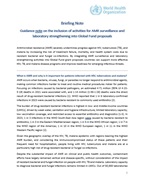
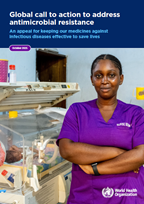
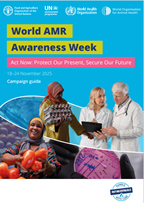
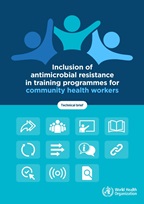
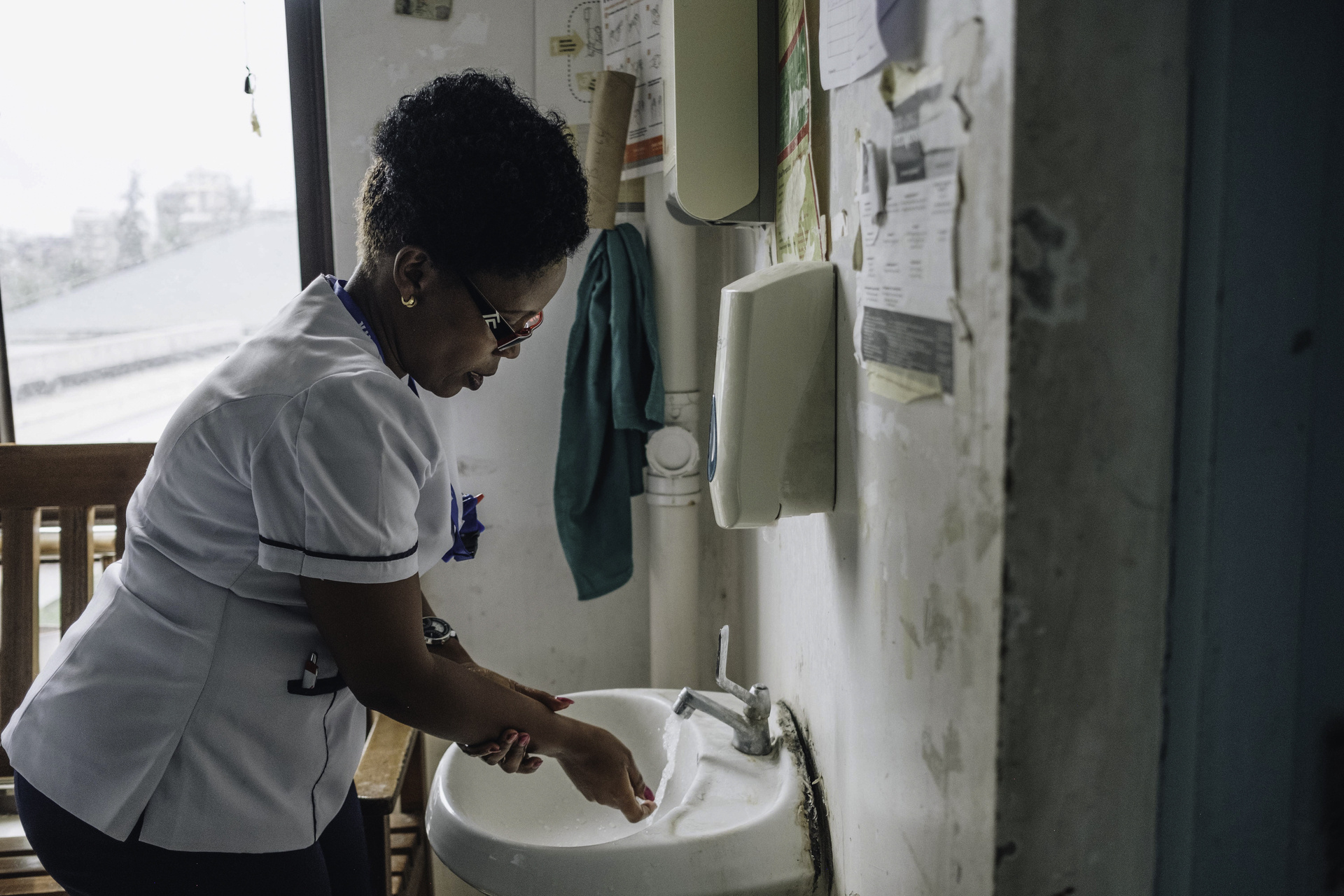

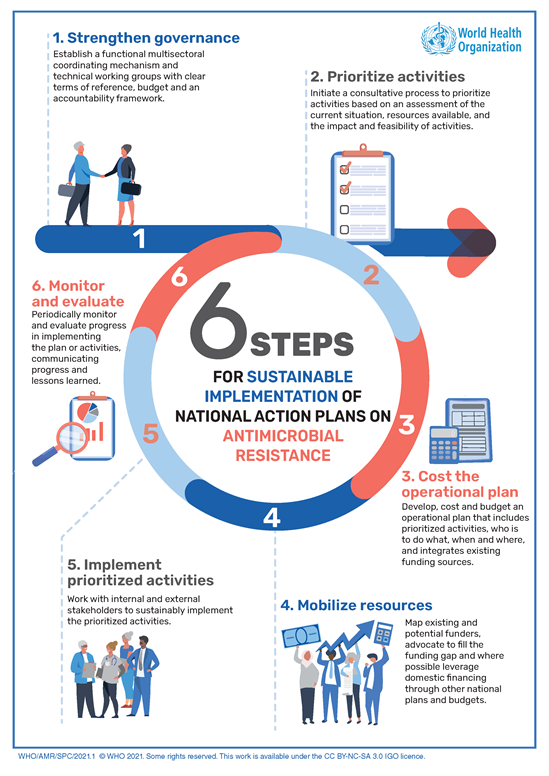
/who_2021_waaw_social_still_doctor_mother_child.tmb-549v.png?sfvrsn=cdb81c9b_2)





